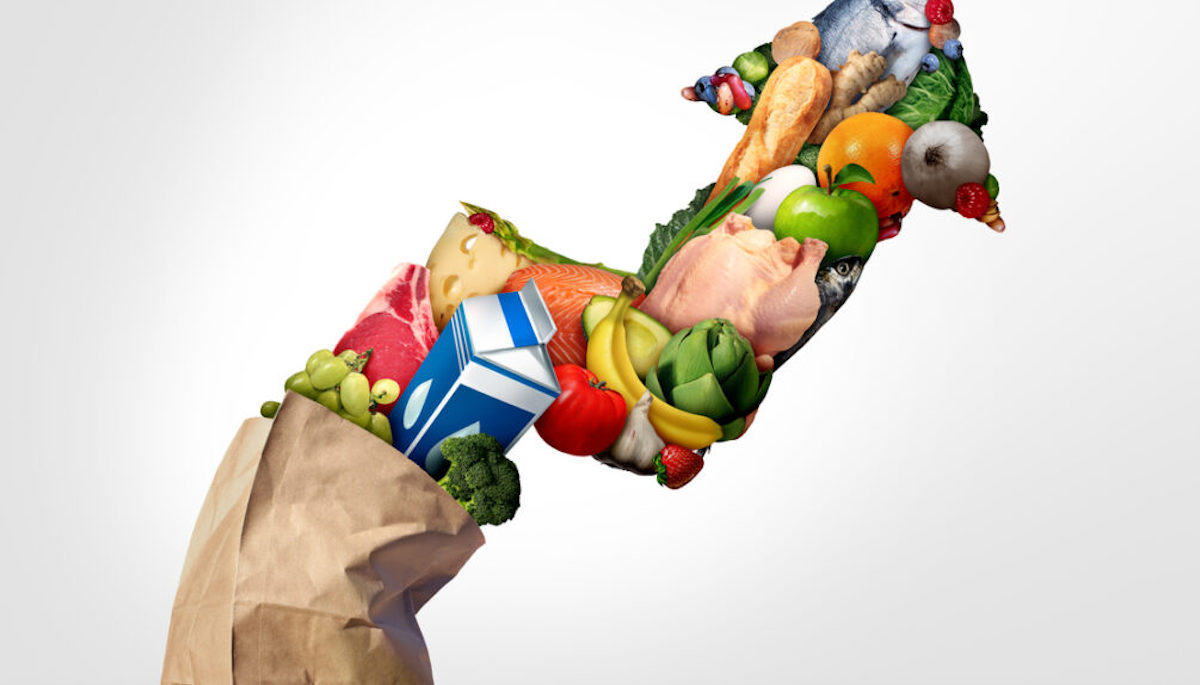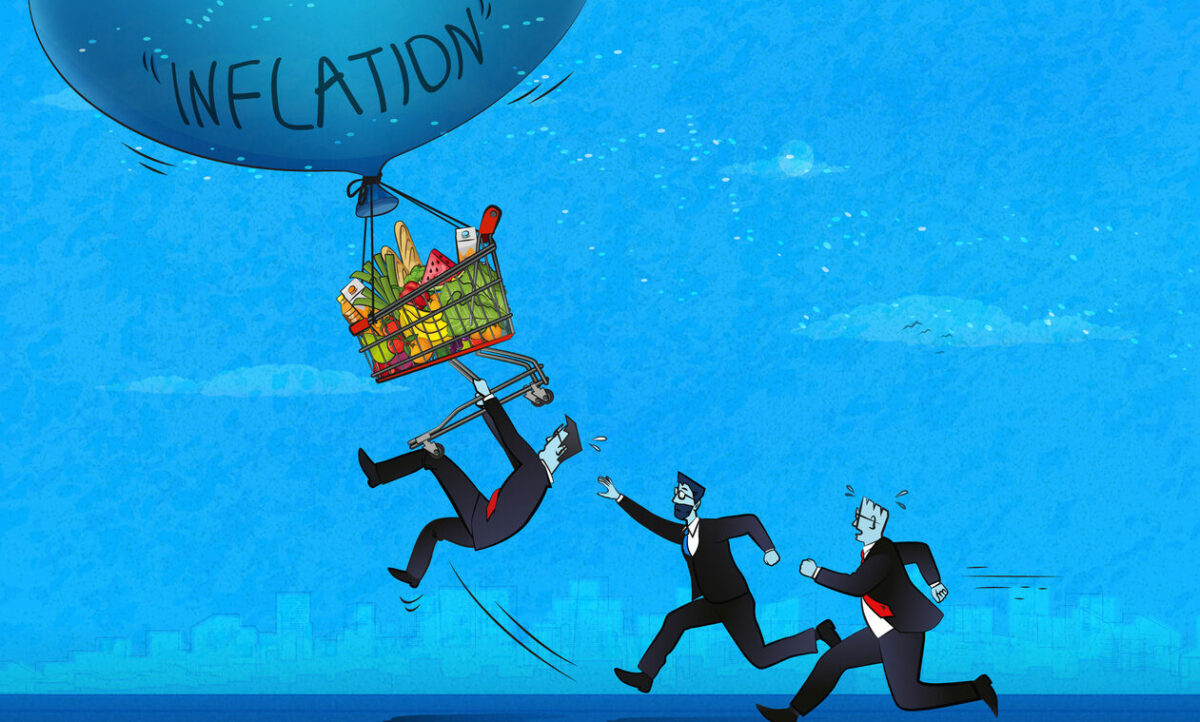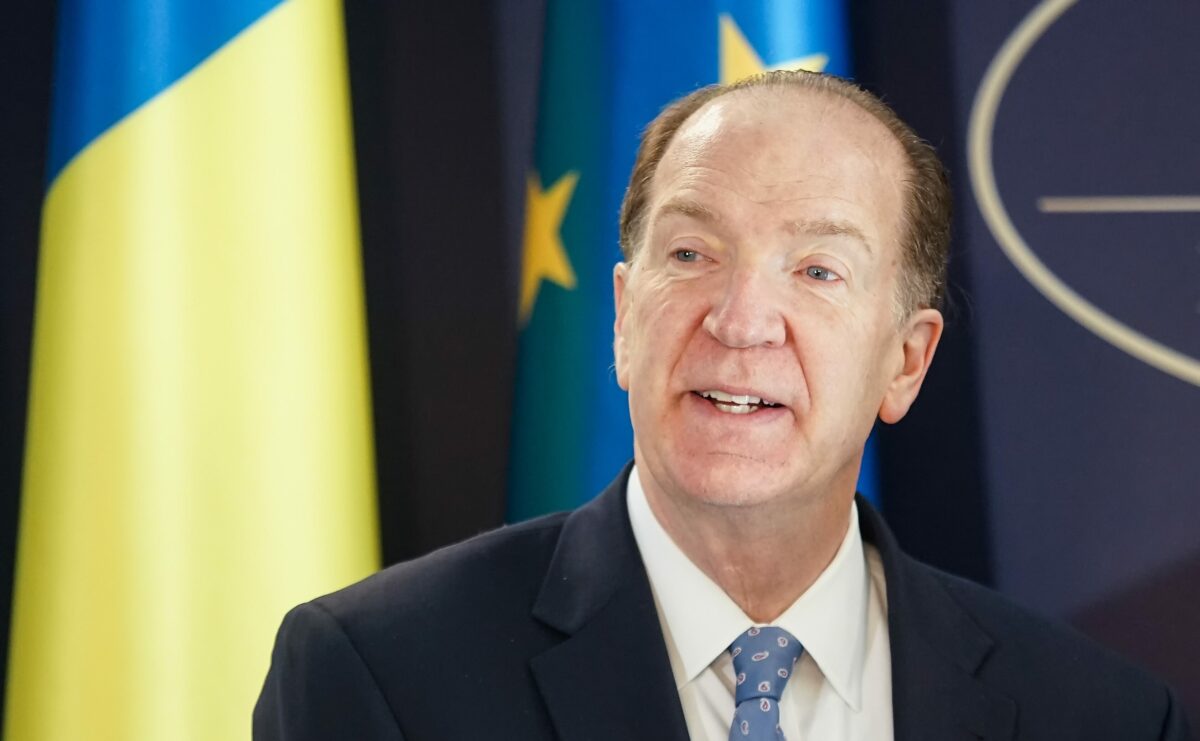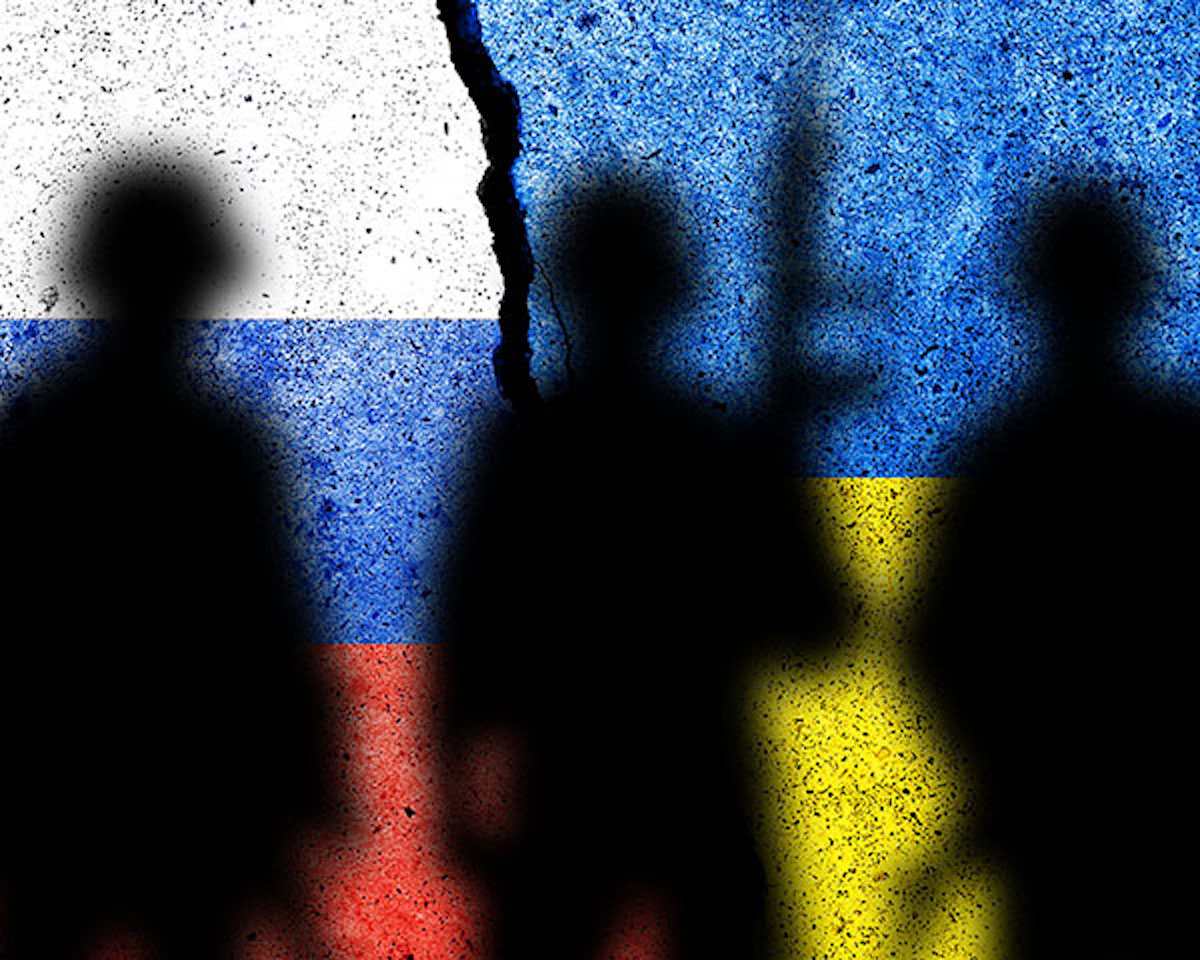G7 Summit 2022: countries pledge billions to fight global food crisis

G7 countries have promised to give US$4.5 billion (£3.7Bn) to help mitigate the effects of the increasingly severe global food crisis.
German Federal Chancellor Olaf Scholz has said the UK, Germany, Japan, France, the US, Canada and Italy have “forged a global alliance for food security” following the annual conference which was this year held at Schloss Elmau, Krün, Germany.
Scholz said the climate crisis, the coronavirus pandemic and the war against Ukraine had once again exacerbated the threat of hunger, but that the G7 was working with the United Nations to make the stocks of grain and fertiliser stored in Ukraine available to the world.
Alongside support for Ukraine, G7 countries have promised to keep their agricultural markets open and boost global food production, while also setting up a “platform for global cooperation beyond the G7”.
Beyond the food crisis, the group of countries has also agreed upon a number of other measures which will likely still impact the global food system. The G7 has promised to establish the Climate Club by the end of 2022.
According to the group, the Climate Club will work towards ambitious climate protection measures, industrial transformation through accelerated decarbonisation, close cooperation and support beyond G7, in particular with emerging and developing countries.
Additionally, on the subject of inflation, countries agreed to “coordinate closely on acute economic risks such as rising prices and increasing debt” and provide targeted support where it is needed.
Concluding the Summit, Federal Chancellor Scholz said: “What unites us is our shared values: democracy, human rights, peace and freedom. Only by working together will we manage to achieve our goal: progress towards an equitable world.”
G7 Summit 2022: global food security a high priority for world leaders
[27.06.2022]
Food security is high on the agenda for world leaders meeting at the 48th G7 Summit this week.
This year’s event is being held in Elmau, Germany, and is expected to play host to a number of discussions surrounding the unfolding global food crisis.
There are several severe pressures currently impacting the global food system. At the top of the list is the ongoing Russian invasion of Ukraine.
UK Prime Minister Boris Johnson will tell attendees today that they must work together to end Russia’s President Putin’s “stranglehold on food prices”.
According to a Government statement, Johnson will say: “Putin’s actions in Ukraine are creating terrible aftershocks across the world, driving up energy and food prices as millions of people are on the brink of famine.
“Only Putin can end this needless and futile war. But global leaders need to come together and apply their combined economic and political heft to help Ukraine and make life easier for households across the world. Nothing should be off the table.”
Putin’s invasion has all but stopped the export flow of wheat, maize, sunflower, and corn from Ukraine’s Black Sea ports – thereby driving food prices up and contributing to food scarcity.
The UK Government says it has already begun work to ameliorate the situation. It has donated £10M in materials and equipment to Ukraine Railways to repair rail infrastructure destroyed by Russian forces in the hopes of moving the country’s grain this way.
It says it will also invest £1.5M into developing a testing process to identify whether grain sold by Russia on the world market has actually been illegally taken from Ukraine.
“This would allow world governments to tackle the scourge of stolen grain, deterring Russian activity and ensuring Ukraine is getting the revenue it so desperately needs from any grain it grows,” said a government statement, adding that the PM will ask other G7 countries to join these efforts.
Besides the UK, other G7 countries have also pledged their own forms of support toward Ukraine. The Canadian government has said it will give funding to help the country improve its grain storage capacity.
It is hoped that, even if Russia continues its blockade at Ukrainian ports, adequate storage will ensure grain doesn’t go bad while waiting to be exported.
Canadian Prime Minister Justin Trudeau said: “Canada has valuable expertise in the field of grain storage and agricultural practices, and our farmers’ knowledge and experience will help immensely.
“We’ll continue to work with partners to provide support for Ukraine – and to address the global food security crisis.”
Beyond Ukraine, other conversations had at the G7 Summit will seek to address food crises occurring elsewhere in the world.
In particular, the African Development Bank will seek $200M from G7 members to help fund its African Emergency Food Production Plan – a flagship intervention programme aimed at averting the increasingly severe food crisis on the continent.
The programme’s goal is to produce 38 million tons of food in two years, to achieve food sovereignty for African countries and feed its 1.2 billion population.
Meanwhile G7 member Japan has announced plans to provide food aid worth ‘tens of billions of yen’ to developing nations, through organisations like the World Food Program.
How and why is the war in Ukraine having such profound impacts globally? This podcast answers the question and more:








